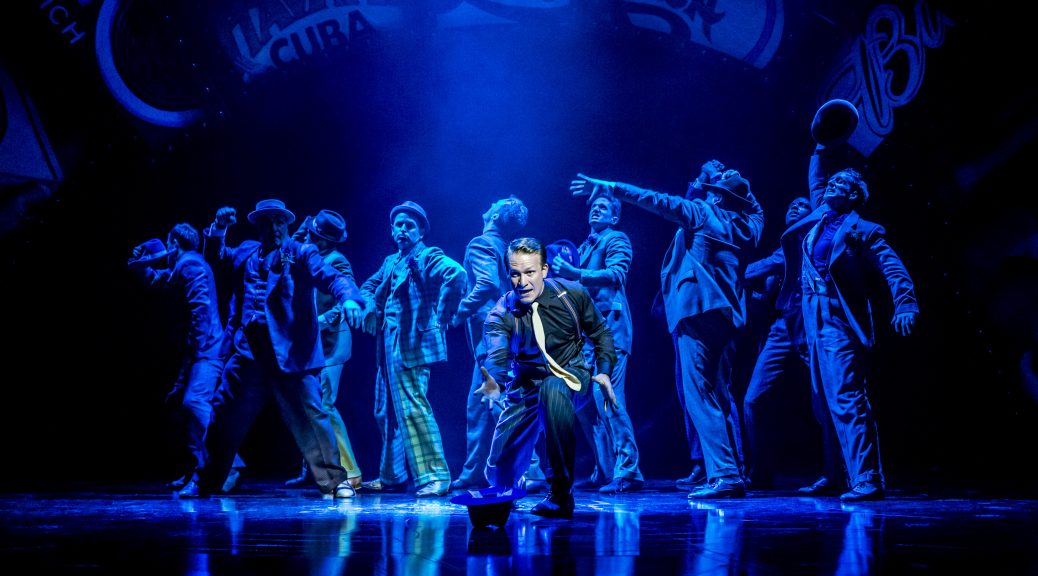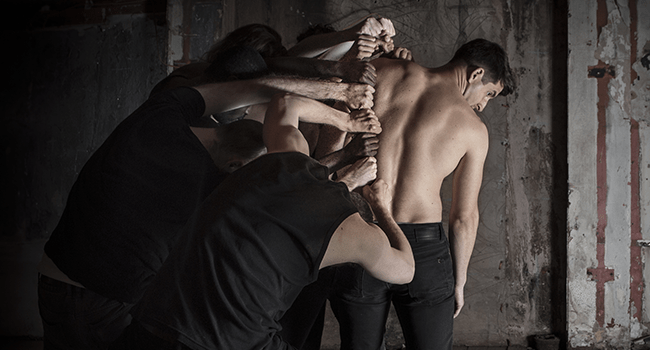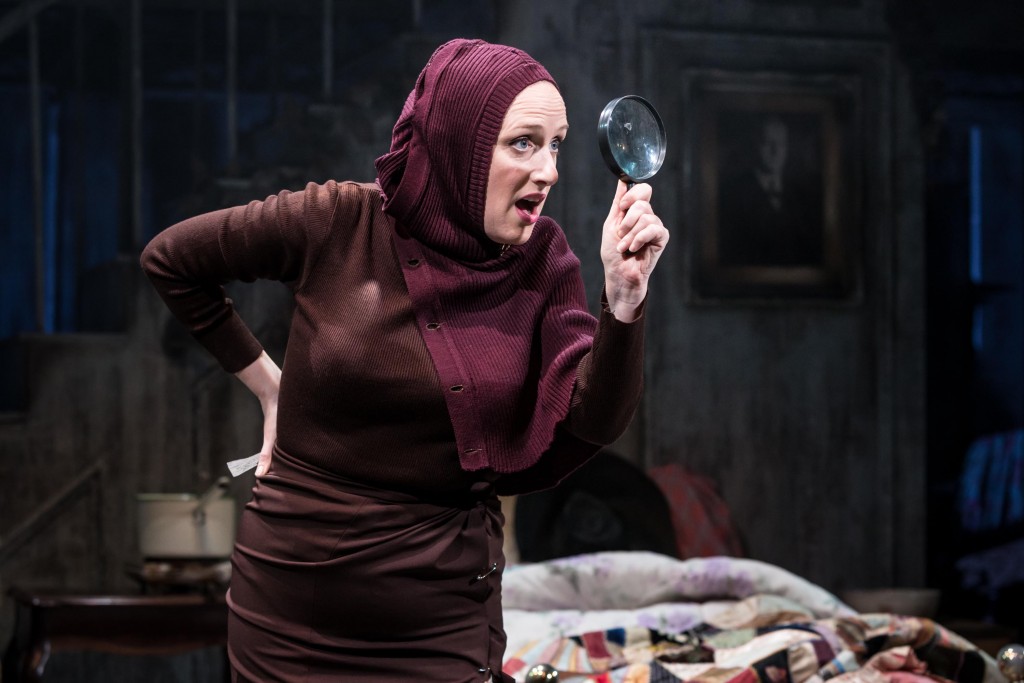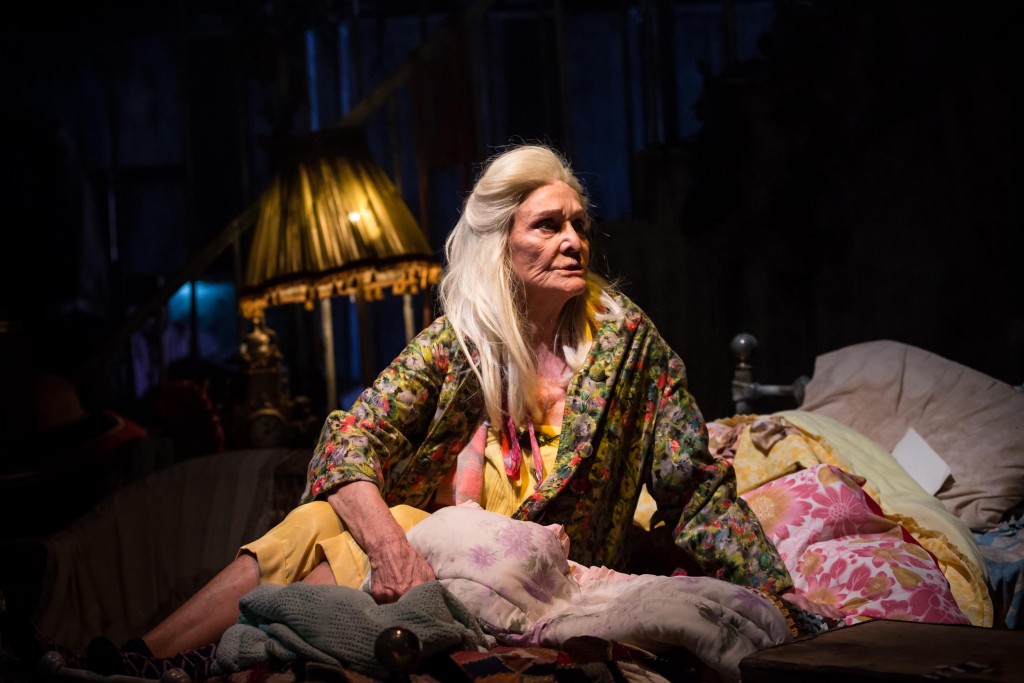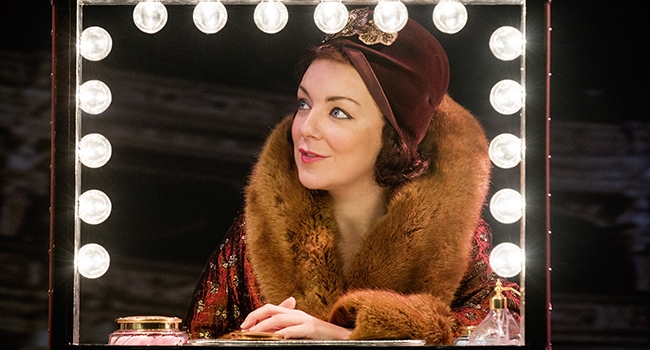Another hit transfer from the Chichester Festival Theatre which, after its production of Gypsy, must be feeling at home in the Savoy. This exquisitely polished show matches the venue’s sophisticated glamour perfectly. New Yorker Gordon Greenberg directs, bringing an appropriate feel for Broadway to Frank Loesser’s “musical fable” of men about town and their much put-upon women.
Great material, superbly executed, the show’s hit songs sound better than ever. At the risk of being ungallant, the guys have the edge slightly, creating a big sound and working together to get the laughs. Greenberg pays attention to the humour in Jo Swerling and Abe Burrows’ book, following two gamblers, the high-rolling Sky Masterson and fixer Nathan Detroit, placing their bets on matrimony to, respectively, a Salvation Army sergeant and a nightclub hostess. Space is created for a series of strong comic performances, especially from Gavin Spokes and Ian Hughes, as Nicely Nicely and Benny – a double act to die for. This gang of gamblers forms a coherent group that’s more than just a background note to the love affairs on offer.
A further highlight is the production’s strong choreography – they’ve got both Carlos Acosta and Andrew Wright on board – with a trip to Havana generating a genuine fantasia as well as a spirited fight scene. Peter McKintosh’s design is a simple affair that will serve the production well on tour, but aids the dancers immeasurably. The key is the lighting (bravo designer Tim Mitchell) impressively adding structure to scenes. And special mention goes to the gloriously colourful costumes.
The central performances are superb. These characters are grown-ups and the balance between romance and realism is deftly handled. While Siubhan Harrison stalls slightly as Salvation Army Sarah, failing to exploit the book’s satire, Jamie Parker is a hit from the start as Sky. Charismatic and sounding superb, Parker adds tension to Luck Be A Lady – a revelatory performance of a well-known number. Close to stealing the show are David Haig and Sophie Thompson as Nathan Detroit and Miss Adelaide (we all recognise the cracking chemistry from Four Weddings And a Funeral). Haig is at his most charming and Thompson makes both renditions of her Adelaide’s Lament something to celebrate.
Until 12 March 2016
www.guysanddollsthemusical.co.uk
Photos by Johan Persson

